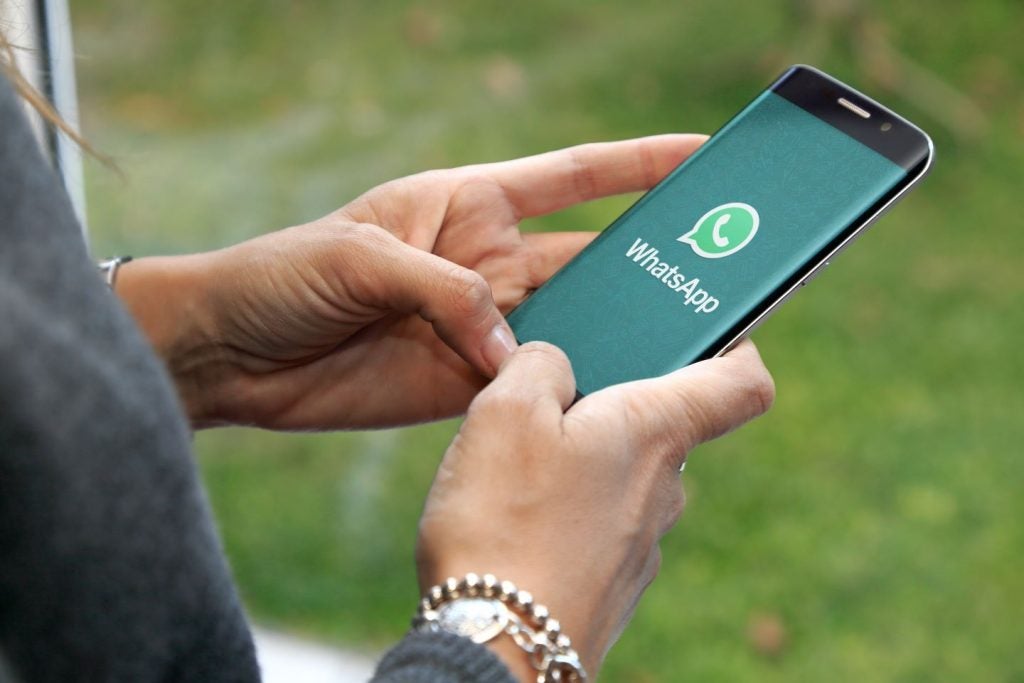
The twin tensions of Covid-19 and police killings of unarmed black men have created an extraordinary moment in history. Businesses, governments, schools, and other institutions are taking more action than they have in decades to address issues of social justice. These are significant steps in the right direction, even if many are motivated by self-interest as much as responsibility.
By mid-June, citizens protesting the killing of George Floyd on 25 May in Minneapolis had been tear-gassed in 98 US cities. While cities face pressure to overhaul police tactics and funding, businesses in multiple sectors — including banking, sports, entertainment, consumer goods, and technology — have responded with initiatives that reflect a new commitment to communities, employees, suppliers, and customers, not just shareholders.
A brief chronology highlights some of the most salient events
On 2 June, Bank of America became the first major bank to make a social sustainability commitment in the wake of George Floyd’s death. CEO Brian Moynihan announced that the bank would spend $1bn over four years to help communities across the country address racial and economic inequality.
On 5 June, National Football League (NFL) Commissioner Roger Goodell apologized for the league’s opposition to players kneeling during the pre-game singing of the national anthem, drawing a quick rebuke from President Donald Trump.
IBM announced on 8 June that it would no longer sell facial recognition services, which critics say misidentifies people of color more often than whites. Amazon and Microsoft followed with similar policy changes, at least until appropriate regulations are put in place.
On 9 June WarnerMedia said its HBO Max streaming service would no longer carry the 1939 film classic Gone with the Wind, long criticized for its racist depictions of blacks in the pre-Civil War South. The Paramount Network, owned by ViacomCBS, dropped the long-running but violence-glorifying Cops reality show after 33 seasons.
How well do you really know your competitors?
Access the most comprehensive Company Profiles on the market, powered by GlobalData. Save hours of research. Gain competitive edge.

Thank you!
Your download email will arrive shortly
Not ready to buy yet? Download a free sample
We are confident about the unique quality of our Company Profiles. However, we want you to make the most beneficial decision for your business, so we offer a free sample that you can download by submitting the below form
By GlobalDataAlso on 9 June, Twitter CEO Jack Dorsey said both his companies, Twitter and Square, would designate a new paid holiday on 19 June, known as “Juneteenth” and celebrated in the black community to mark the end of slavery.
Trump’s offensive
Politics grew stranger the next day when Trump announced he would hold a major campaign rally on Juneteenth in Tulsa, Oklahoma. Justice advocates took the date as a deliberate slap in the face and were doubly incensed by Trump’s choice of Tulsa, site of the brutal Tulsa Race Massacre in 1921.
More than 35 square blocks of a prosperous area known as Black Wall Street were destroyed, and dozens, perhaps hundreds, of black people were killed. President Trump eventually decided to postpone the rally by one day.
10 June also brought announcements from NASCAR, the car-racing organization, which banned the Confederate flag at all of its racetracks and events.
11 June tech giant Apple, said it would spend $100m to promote racial equity and justice, and YouTube, which said it would invest the same amount in content created by blacks.
Meanwhile, coffee giant Starbucks on 8 June had banned buttons or pins advocating a “political, religious or personal view.” After a backlash, it reversed its decision on 12 June, saying it would soon issue 250,000 Black Lives Matter t-shirts of its own design, and told employees they could wear their own BLM shirts or pins in the meantime.
17 June, Quaker Oats said it would abandon its 130-year-old “Aunt Jemima” branding on syrup and pancake mix because it is “based on a racial stereotype” and it wanted “to make progress toward racial equality through several initiatives.”
Social justice issues remain
Some will argue these moves will make little difference in the fight against entrenched racism. Yet who can claim that Aunt Jemima imagery has had no impact on the attitudes of impressionable children, black and white, over so many years?
As for the NFL, many felt that Goodell’s apology was both late and hollow. But it was not cost-free, given Trump’s reaction and the politics of many NFL team owners. Presumably, he consulted closely with them before acting, and perhaps he changed some owners’ minds. Time (and a post-Covid resumption of football) will tell if fans agree.
GlobalData fully supports the notion that businesses act primarily out of self-interest, but we also believe that social justice and prosperity go hand in hand.
Companies that invest in the greater good – that make social sustainability a corporate priority — are serving their own interests at the same time.
We do not know whether the measures announced so far will prove effective, or believe they are anywhere close to sufficient (and would note that many necessary measures are the responsibility of government, not business).
However, they are steps in the right direction, and they seem to represent a new, broader commitment to racial and economic justice and social sustainability — a responsibility we must all share.






Related Company Profiles
Apple Inc
Starbucks Corp